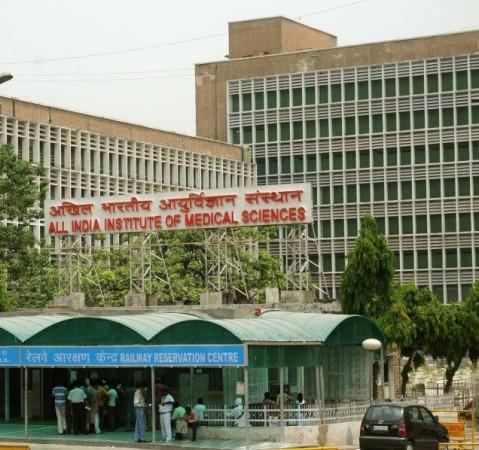![[Representational image] Depression](https://data1.ibtimes.co.in/en/full/656366/depression.jpg?h=450&l=50&t=40)
Seeking answers for issues on psychiatric dimensions? Mahabharata, one of the two major Sanskrit epics of ancient India, has it all.
National president of Indian Medical Association (IMA) KK Aggarwal, who calls Lord Krishna as the most celebrated counsellor, has said that Mahabharata has pointers to issues of psychiatric dimensions.
Aggarwal, in his article published in the Equator Line magazine's latest issue - Cobwebs Inside Us, says that the history of psychiatry in India began with Lord Krishna's successful counselling of Arjuna before the 18-day battle of Mahabharata.
Earlier there were neither any medicines to treat psychological conditions nor any professionals in psychiatry to treat mental illness. At those times, the Sanskrit script seemed to have offered advice or guidance to the ancient Indians, Aggarwal said in a write-up titled "Psychotherapy in the time of Vedas".
Calling Krishna as the most celebrated counsellor in the true sense, Aggarwal said that Krishna's sessions with Arjuna not only led to his spectacular recovery but also constituted the sacred text – the 700-verse Bhagwad Gita.
The Vedic Indian had remained clueless about the healing aspects of the "bucolic environment", like woods running along the river banks, deer prancing around etc. These aspects had their own way of fixing a bruised mind.
Times have changed and medicine has advanced manifold. He says that today there is an assortment of drugs to nourish mental health and also a prescription that varies from person to person. But the Vedic approach to mental health deals with controlling the mind, intellect and ego.

AIIMS psychiatrists Dr Rajesh Sagar and Dr Ananya Mahapatra also wrote in an article "Of the mind and its maladies" that the future demands scaling up of a wide variety of interventions, ranging from public awareness, early identification, treatment of acute illness, family education, long-term care, rehabilitation, reintegration into society, ensuring of human rights of the ill persons, and efforts to reduce the prevalent stigma and discrimination against these patients."
Calling 'mental illness' a new killer stalking many, Bhaskar Roy's editorial states that it is a good thing that the issue is no longer behind the screens and is being talked about in open.











